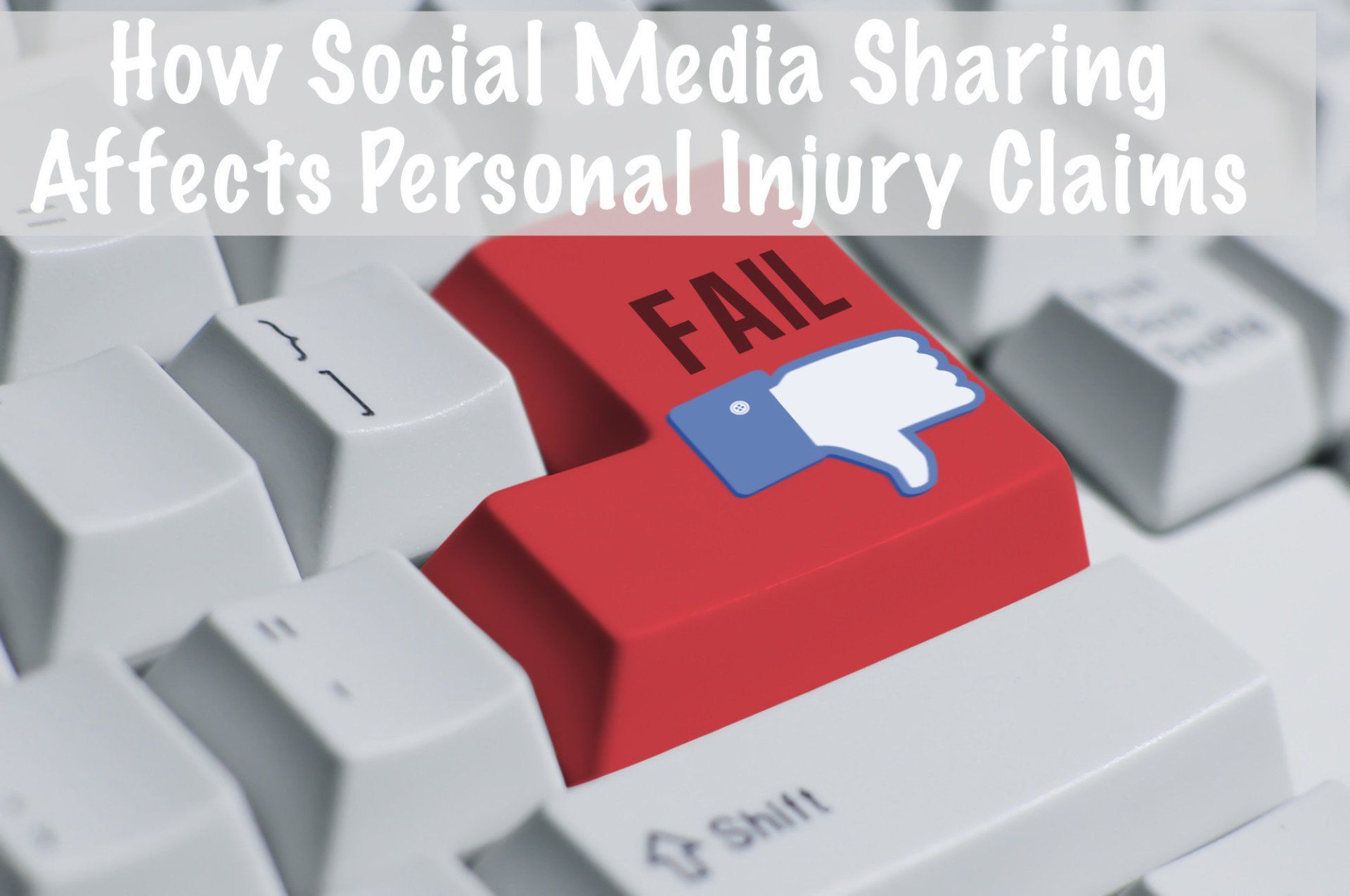Am I Eligible For Workers Compensation? We'll Help You Find Out
Most individuals who qualify for workers compensation don't realize they do. We unveil everything you need to know to determine if you are eligible.
Did you know there were 2.8 million non-fatal workplace injuries in the US in 2017 alone? Workplace injuries can lead to lost income and financial distress due to medical expenses.
Have you gotten injured while carrying out work duties? You may be eligible for worker's compensation. This is a type of insurance that provides wage replacement and medical benefits for employees injured in the course of their work.
But how do you know if you are eligible for workers compensation? This article will address eligibility for workers compensation. Keep reading to find out!
Are You Eligible for Workers Compensation?
Eligibility increases your chances of filing a successful claim with your employer's insurance. Even if the insurer declines to pay, you can file a lawsuit and hopefully win the case.
How do you know you're eligible for workers compensation after suffering an injury? Below are the main determining factors:
You are an Employee of the Company
Whether you are employed part-time or full time, you have the right to sue for damages if you suffer a workplace injury. You cannot sue a company for workers compensation if you are not an employee at the firm.
Therefore, before beginning assignments in a company, make sure you have a signed contract that proves you as a legal employee. Thoroughly go through your contract to look for hidden clauses which would prevent you from filing a claim after an injury.
However, if you are not an employee of the firm, all is not lost. You can sue for personal injury , especially if your injuries are as a result of the company's negligence. Talk to an attorney so they can help you determine the best course of action.
You Suffered an Injury at the Workplace
To qualify for workers compensation, you have to have incurred the injury either at the premises or while doing company-related tasks. Examples of instances where an employee would be eligible for workers compensation:
- You suffered a car accident while running company errands
- You slipped and feel in the office while walking over to the printer or copier machine
- You fell off a ladder while on-the-job as a roofer
- You got injured while operating heavy machinery at work
- You suffer carpal tunnel syndrome due to constant gripping and gasping at work
Examples of injuries which wouldn't qualify for compensation include the following:
- You got into a car accident while driving or commuting to work in the morning
- You twisted your ankle in the restaurant across the street from your office when going for lunch
- Injuries which occur at the workplace while you are under the influence of alcohol or other substances
Don't assume that you don't qualify for compensation after an accident. An attorney can help determine whether you can get compensated.
You Have Proof of Injury
You will need to prove you suffered an accident and suffered physical injuries or mental or emotional trauma. Physical injuries call for documents such as medical records, photos of the injury, or pictures of the scene of the accident. You could also get statements from witnesses at the scene of the accident.
Mental and emotional injuries are usually the hardest to prove. However, you are still eligible for compensation. For example, some workplace injuries may trigger post-traumatic stress disorder (PTSD), stress, or depression among other mental injuries.
In this case, you can still seek compensation. However, you need a competent lawyer to prove the trauma is as a result of your work and not any other non-work-related incidences.
Your Employer has Workers Compensation Coverage
After ascertaining your injuries, verify that your employer carries workers compensation insurance. Most states, including Missouri , require all employers to carry workers compensation insurance.
Employers who don't comply with the law risk fines of up to $50,000. However, the following employers in MO don't have to carry the insurance coverage:
- Those with less than five employees, except in the construction industry
- Sole proprietors
- Members of a partnership
If your employer doesn't carry the insurance, you can file a liability claim and get compensated for the injuries.
You Filed for Compensation Within the Stipulated Deadline
You need to file the claim within the legally stipulated times. In MO, you should file your claim within require you to file within two years after the date of injury.
Once the period elapses you will not be able to sue for any compensation. However, if the employer doesn't file the claim with the Division of Labor on time, you have three years from the date of the injury to file the claim.
What to Do After an Injury
The swiftness with which you act after an injury determines the success of your claim. So once you experience an accident at the workplace, do the following:
Seek Medical Help Immediately
As soon as the injury occurs, report it to a health practitioner. Make sure they are accredited health workers to avoid issues with the legality of the medical reports.
Get accurate medical and treatment record as they will be used during the claim process. Also, make sure that the records are well certified and officially stamped where necessary.
Notify Employer So they Can Provide Claim Forms
Make an official report about the injuries to your employer. They will need to capture this report in their official records and give you a claim form to fill for compensation. The employer should also file the claim with the Division of Labor.
Even if your company does not have an employee compensation policy, make an official report of the injury. This way, you can sue for personal injury.
Get a Workers’ Compensation Lawyer
There is a lot of negotiation that goes into a workers compensation claim. Therefore, you need an attorney for professional help. The lawyer will do the following:
- Help with filing the claim
- Approach the insurer and handle the settlement process
- File a lawsuit if the insurance denies your claim
- Gather evidence, witness statements, and expert witnesses
- Represent you in court
Talk to an attorney immediately after an accident to explore your options in seeking compensation.
File a Claim for Your Workplace Injury Today
Do not be afraid to seek compensation for injuries suffered at the workplace. As long as you are eligible for workers' compensation, your employer's insurer should compensate you.
However, in case there is hesitation from the employer or their insurer, you can hire a lawyer, file a lawsuit, and pursue the matter in court.
Do you need legal help for your workers' compensation claim? We are a qualified law firm that specializes in workplace injury litigation. Contact us today for a consultation.
Free Consultation
The choice of a lawyer is an important decision and should not be based solely upon advertisements. Our law office is at the intersection of I-435 and Holmes Road. Parking is free and the office building is accessible.
Call our office at 816-942-5100 and talk to an attorney. Or if you prefer, fill out the form below and you will receive a call from one of our lawyers within 24 hours to discuss your claim and schedule a time to meet with you in person or via video conference. You will talk to a lawyer, not someone who simply screens calls, so you will receive the sound legal advice you are seeking. This consultation is free and if you decide to hire our firm, no fee will be charged until you have been compensated for your injury or loss.
We will get back to you as soon as possible
Please try again later








